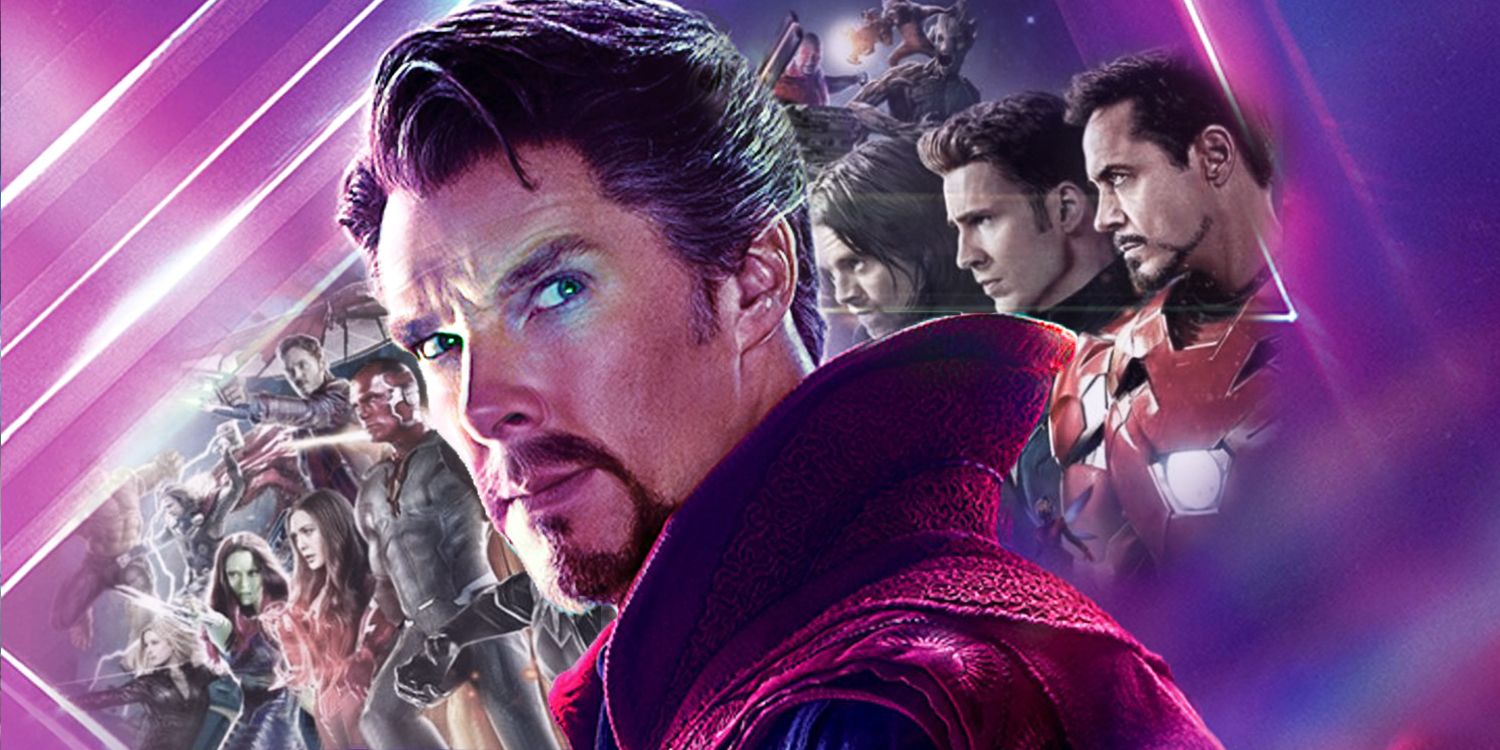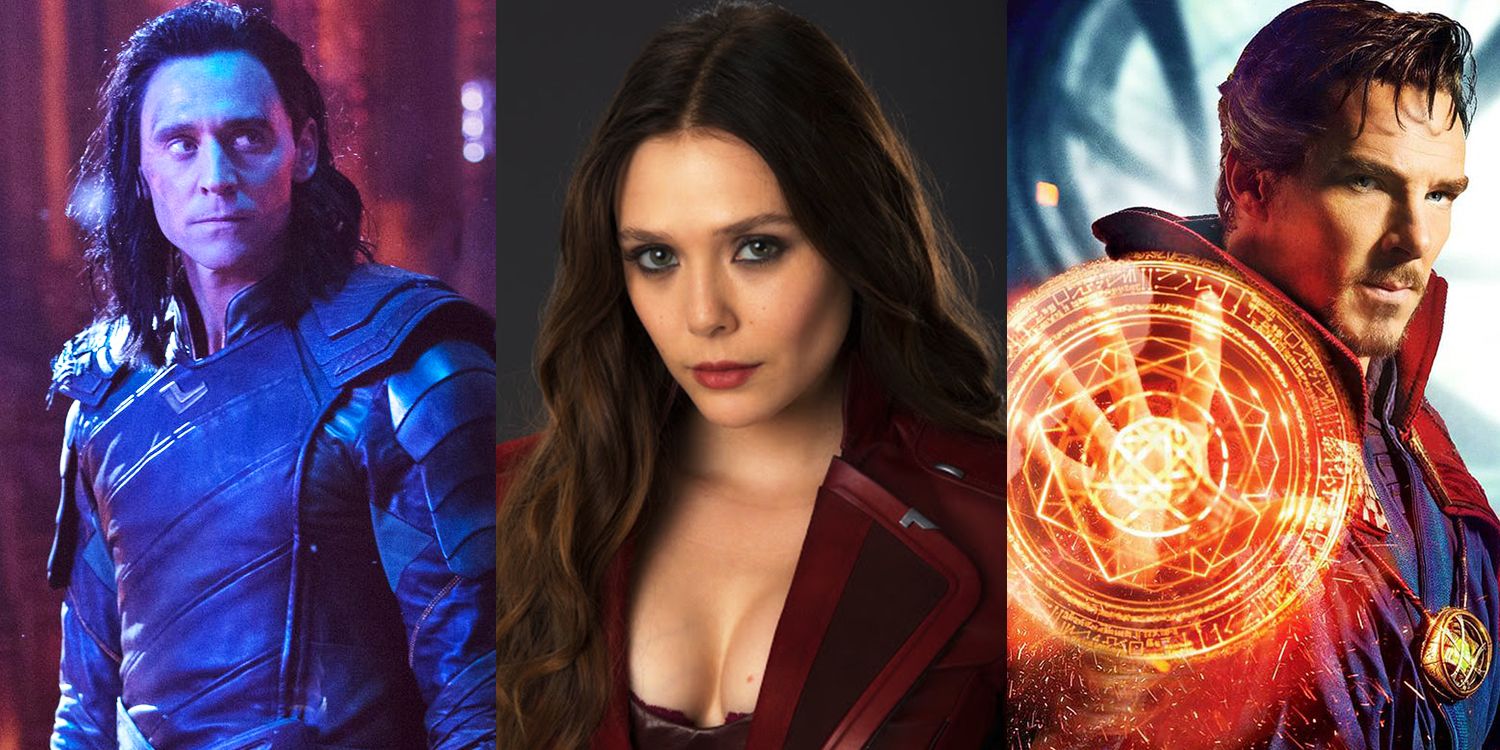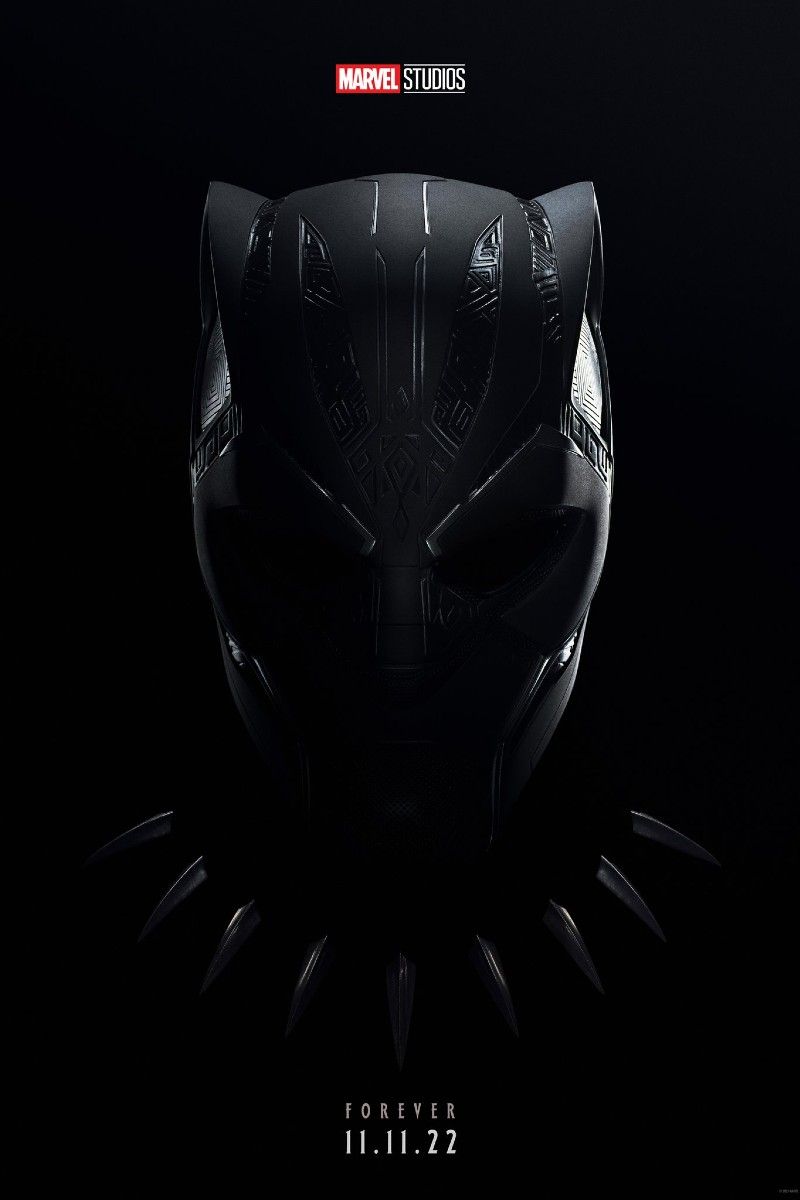One of the most enticing aspects of the Marvel Cinematic Universe is its connectivity, but the introduction of the multiverse in Phase 4 could spell trouble for the franchise. After the Infinity Saga assembled all Marvel heroes to defeat Thanos (Josh Brolin) in Avengers: Endgame, the MCU is preparing its next big chapter. With a multitude of heroes and a whole universe where the adventures can take place, the world of the MCU can never be the same again. The bar is set high for the following films to achieve another pinnacle like Endgame's Avengers HQ battle. The promise of a multiverse can be the solution, but it also brings some possible issues.
The MCU began in 2008 with the highly-acclaimed Iron Man, a film that signified the foundation of a risky but ultimately successful journey that would span dozens of box office hits and resonate throughout the film industry for years to come. However, it couldn't have succeeded if the shared universe it was launching had the same complexity back then as it does now. The Incredible Hulk, Thor, and Captain America: The First Avenger followed Iron Man in establishing their respective heroes as well-rounded characters first and foremost - therefore, when The Avengers came around, audiences were completely on board with a universe where Hulk (Mark Ruffalo) swings Loki (Tom Hiddleston) around the Stark Tower like a ragdoll. The MCU continued to expand at a rate that kept the fans sufficiently satisfied to yearn for the next movie but not enough to overwhelm them. That's how Endgame managed to have almost 60 returning characters that made every theater across the world cheer whenever they appeared in the saga's epic conclusion.
A few years before, Doctor Strange also made comic book fans cheer when the Ancient One (Tilda Swinton) introduced the concept of the multiverse in the MCU, which was further teased in Spider-Man: Far From Home, although the latter was one of Mysterio's (Jake Gyllenhaal) bluffs to create his fake superhero persona. Nevertheless, the real multiverse will have a major role in 2022's Doctor Strange in the Multiverse of Madness. There are several theories about what opens the MCU's multiverse, among which the more obvious could be the timeline Loki created in Endgame when he stole the Tesseract during the Avengers' time heist and the effects of Scarlet Witch's (Elizabeth Olsen) spiral into insanity in WandaVision. Whatever causes it, the expansion of the MCU into a multiverse risks making the narrative too convoluted. Counting both films and TV shows, the number of established characters and storylines are already in the hundreds by this point. A multiverse wouldn't just add to this amount - it would multiply it.
The concept of having different versions of the same characters across multiple dimensions is very familiar to comics, but the format of films doesn't grant the same freedom. Movies are more concise in nature and they need to have a considerable level of consistency in order to maintain the attention of the general audience. The shared continuity of the MCU was also a risk at first, given that new viewers have to watch all the movies in order to get the full experience, but the idea worked because the storytelling, the performances, and the spectacle of every film all allowed it to stand on its own. A narrative that develops parallel realities could discourage new viewers from taking part and could even confuse loyal fans. Despite their extensive scope, the first three phases of the MCU succeeded in being streamlined enough to be digestible by everyone.
The Marvel Cinematic Universe faces the risk of over-complicating its story with the idea of the multiverse. However, it's that same boldness toward risks that made the MCU what it is today. The cinematic multiverse doesn't have to adapt the hundreds of alternate realities from the comics anyway, and the level of planning that the MCU has demonstrated throughout the years is a good suggestion that its future is in good hands. If anything, Marvel is avoiding the greater risk of stagnation.








